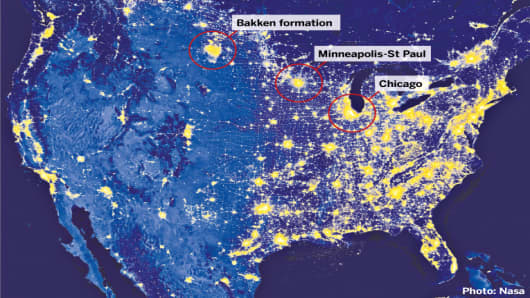1. Sabatier process powered by renewables is carbon neutralElon aspires to many lofty goals. The first two cargo missions to Mars were supposed to happen in 2022, followed by four more missions in 2024.
But let's consider the environmental impact implied by such a production rate.
Methane rockets produce 2.75 tons of carbon dioxide for each ton of methane they burn. If SpaceX sends fleets to Mars every two years, then at 300 ships per year, that's 600 ships per fleet. Each fleet must be fueled for the trip, and let's call it 9 refueling launches per ship. That's 6000 launches per fleet. Each launch requires roughly 1100 tons of methane, for a grand total of 6.6 million tons of methane. That generates 18 million tons of CO2, or about 2 million cars' annual exhaust for two years. This ignores any environmental impact from producing the ships and propellants.
So it looks like Elon created Tesla as a carbon offset for SpaceX.
But I do wonder how the world will react to a company generating that much CO2. It won't matter that other sources of CO2 are larger because whatever they are, they're already entrenched in our society and our economy to provide some benefit to somebody. How will SpaceX justify injecting that much CO2 into Earth's atmosphere when the only benefit will be to people on Mars? I'm not sure that "Making humanity multiplanetary" is going to resonate with many people on Earth. This may end up being the largest-scale NIMBY event in human history.
2. Combustion outside of the atmosphere is carbon neutral to negative



